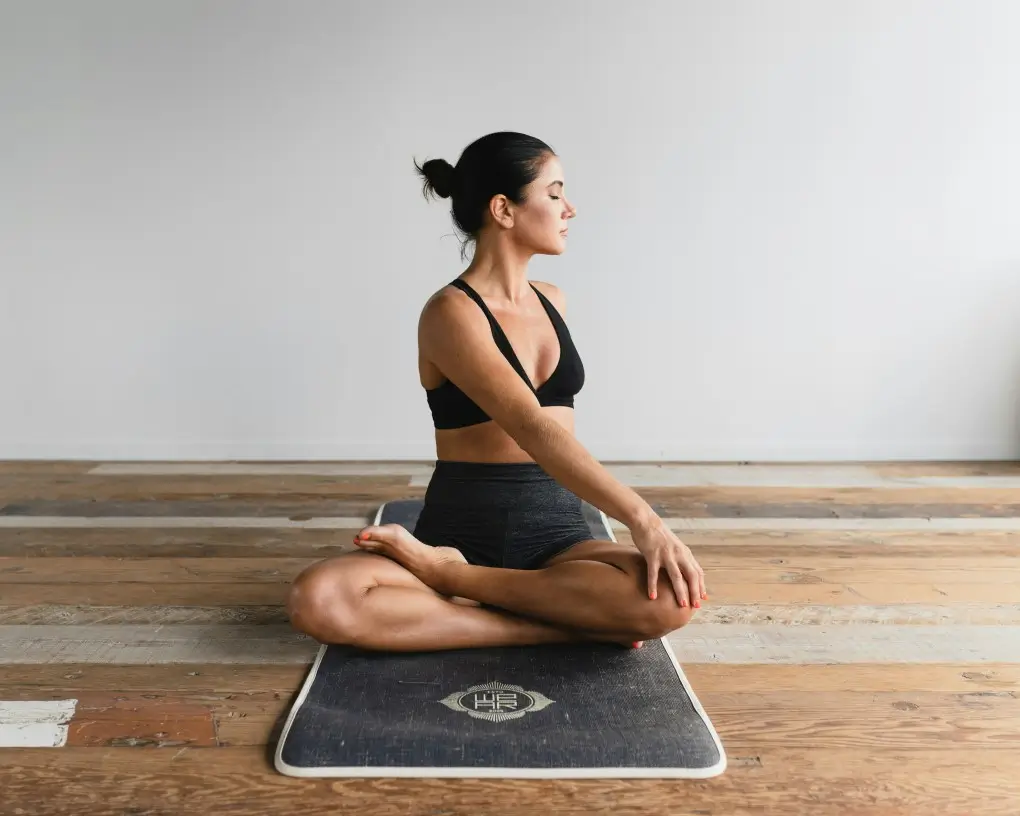The mindfulness of breath
One of the foundational practices of mindfulness is focusing on the breath. By bringing awareness to the sensation of breathing, individuals can anchor themselves in the present moment and calm their racing thoughts. The simple act of observing the breath can create a sense of inner peace and relaxation, counteracting the physiological arousal associated with anxiety.
Body scanning meditation
Body scanning meditation involves systematically bringing awareness to different parts of the body, starting from the toes and moving up to the head. This practice helps individuals develop a greater sense of bodily awareness and can reveal areas of tension or discomfort that may be contributing to anxiety. By consciously relaxing each part of the body, individuals can release physical tension and promote relaxation.
Mindfulness of anxiety itself
Rather than trying to suppress or avoid anxious thoughts and feelings, mindfulness encourages individuals to observe them with curiosity and non-judgmental awareness. By acknowledging anxiety without becoming consumed by it, individuals can develop a sense of detachment and perspective, reducing the intensity of anxious feelings.
Mindfulness in daily life
Mindfulness is not limited to formal meditation practice; it can be integrated into daily activities such as eating, walking, or even washing dishes. By bringing mindful awareness to everyday tasks, individuals can cultivate a greater sense of presence and reduce the tendency to ruminate on past events or worry about the future. This can create a buffer against anxiety and promote a greater sense of well-being.
Loving-Kindness meditation
Loving-kindness meditation involves cultivating feelings of compassion and goodwill towards oneself and others. This practice can be particularly beneficial for individuals struggling with self-critical thoughts or social anxiety. By generating feelings of kindness and empathy, individuals can counteract negative self-talk and foster a sense of connection with others, reducing feelings of isolation and loneliness.
Integrate mindfulness for lasting change
While mindfulness practices can provide immediate relief from anxiety symptoms, integrating mindfulness into one’s daily routine is key to long-term management. Consistent practice allows individuals to develop greater emotional resilience and cultivate a more balanced perspective on life’s challenges. By incorporating mindfulness into daily life, individuals can build a foundation for lasting change and overall well-being.
Can CBD oil help with anxiety?
In recent years, there has been growing interest in the potential benefits of CBD oil for anxiety. CBD, or cannabidiol, is a compound derived from the cannabis plant known for its calming and anti-anxiety properties. Preliminary research suggests that CBD may help reduce anxiety symptoms by interacting with the body’s endocannabinoid system, which plays a role in regulating mood and stress responses.
While more research is needed to fully understand the effects of CBD on anxiety, some individuals report finding relief from symptoms such as racing thoughts, restlessness, and tension. It’s important to note that CBD is not a cure-all for anxiety and should be used in conjunction with other anxiety management strategies, such as therapy, exercise, and mindfulness practices.
Conclusion
In conclusion, mindfulness offers a powerful tool for managing anxiety by promoting present-moment awareness, relaxation, and emotional resilience. By incorporating mindfulness practices into daily life, individuals can develop a more balanced relationship with their thoughts and emotions, reducing the grip of anxiety and fostering a greater sense of well-being. While CBD oil may offer additional support for anxiety relief, it should be used judiciously and in consultation with a CBD expert.




